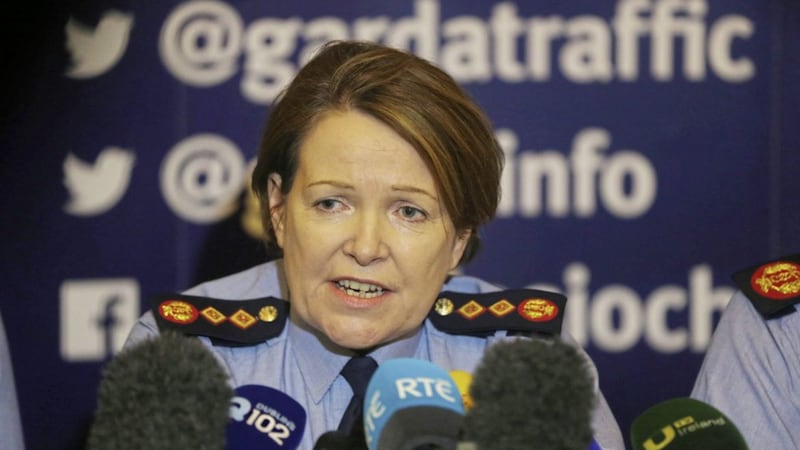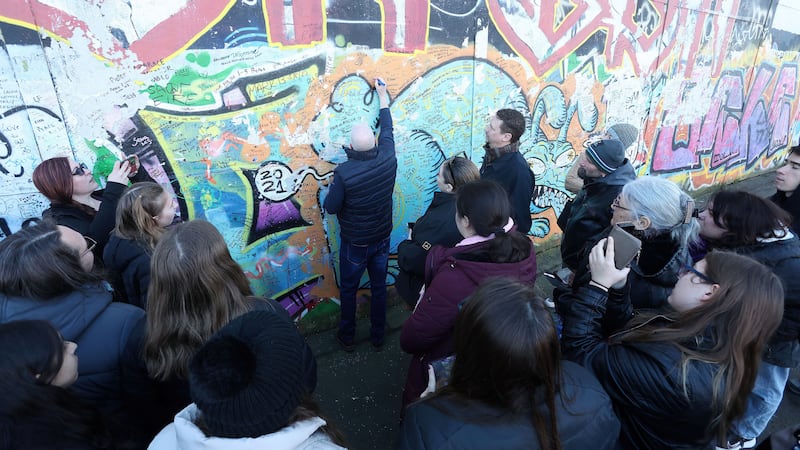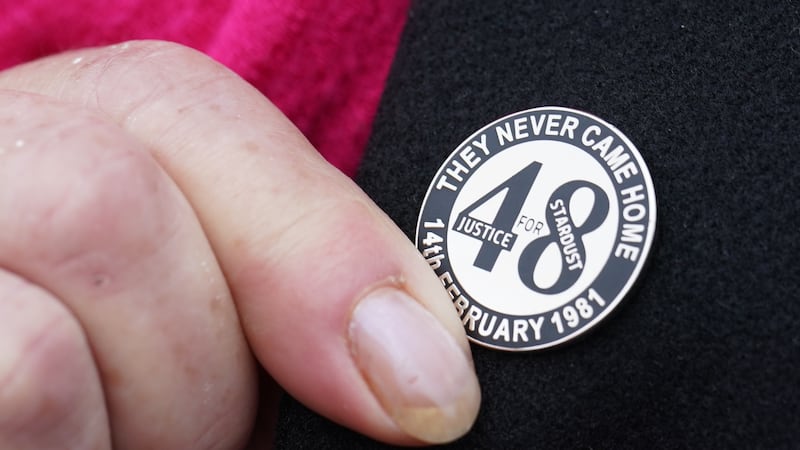THE Garda Commissioner has insisted she knew nothing about an alleged smear campaign targeting a whistleblower in the force.
As new ethics rules for officers were published, Noirin O'Sullivan said she would not take part in attempts to blacken an officer's name.
Judge Iarfhlaith O'Neill sent a report on the scandal to the tanaiste and justice minister Frances Fitzgerald in December.
The smear campaign allegations were made by the former head of the Garda press office, Superintendent Dave Taylor, who is currently suspended from the force over the leaking of the names of Roma children who were taken into social care in 2013.
He claimed that senior gardaí targeted the whistleblower in a widespread character assassination by passing on false and damaging allegations, including to journalists and politicians.
"I'm not aware nor was I aware of any campaign to discredit any individual," Ms O'Sullivan said.
The Commissioner also told RTÉ's Today with Sean O'Rourke: "I'm on record as saying from the outset when these issues were raised that I've absolutely no knowledge nor was I privy to any campaign to undermine any individual in An Garda Síochána.
"Certainly I'd no knowledge of any campaign to undermine any individual and nor would I take part in any campaign to undermine any individual."
Several garda whistleblowers have been identified in recent years, some of whom have spoken out about their treatment after raising concerns about corruption or bad policing.
Among them are Sergeant Maurice McCabe, who was vindicated over the vast majority of his concerns about policing standards in parts of the Cavan-Monaghan division and abuse of the penalty point system.
Others are Nick Keogh and Keith Harrison, both of whom have been named in the Dáil as being victims of harassment after raising concerns about policing.
Commissioner O'Sullivan also defended her predecessor Martin Callinan's criticism of whistleblowers. He described the actions of Sgt McCabe and a colleague over abuse of the penalty point system as "disgusting".
Commissioner O'Sullivan said: "The comment that he passed was taken out of context and it certainly in my opinion it was not said in the way that it was interpreted."
The issue emerged again as the Policing Authority set out new ethics rules for officers including a demand not to ignore unprofessional, illegal or corrupt behaviour in the force.
The revised code for gardaí focuses on nine areas: duty to uphold the law; honesty and integrity; respect and equality; authority and responsibility; police powers; information and privacy; transparency and communication; speaking up and reporting wrongdoing; and leadership.
Gardaí will be asked to make a pledge to abide by the code.
It includes more than 50 commitments on how they should go about their work including not using social media to bully or abuse, showing courtesy, only giving lawful orders, keeping good records and not improperly releasing information to the media or people outside the force.
The Garda Representative Association (Gra) said the code was flawed.
Gra general secretary Pat Ennis said it has all the hallmarks of "authoritarian orders imposed on to a demoralised workforce".
"Where there should be inspiration, there is regulation. Where there should be aspiration, there is sanction. Where there should be ideals, there are rules," he said.
The Gra attacked the Policing Authority claiming it has "seemingly launched itself as another oversight body to scrutinise, monitor and regulate... alongside the Garda Ombudsman, the Department of Justice, management, the judiciary and the media".
It said some of the code was "imprecisely worded, undefined or ambiguous" and some was at odds with officers' legal obligations.
Policing Authority chairman Josephine Feehily described the reform as a milestone.
"It is an important development for the wider community to know that there is a set of principles and standards to guide the behaviour of all those who work in the Garda organisation," she said.



